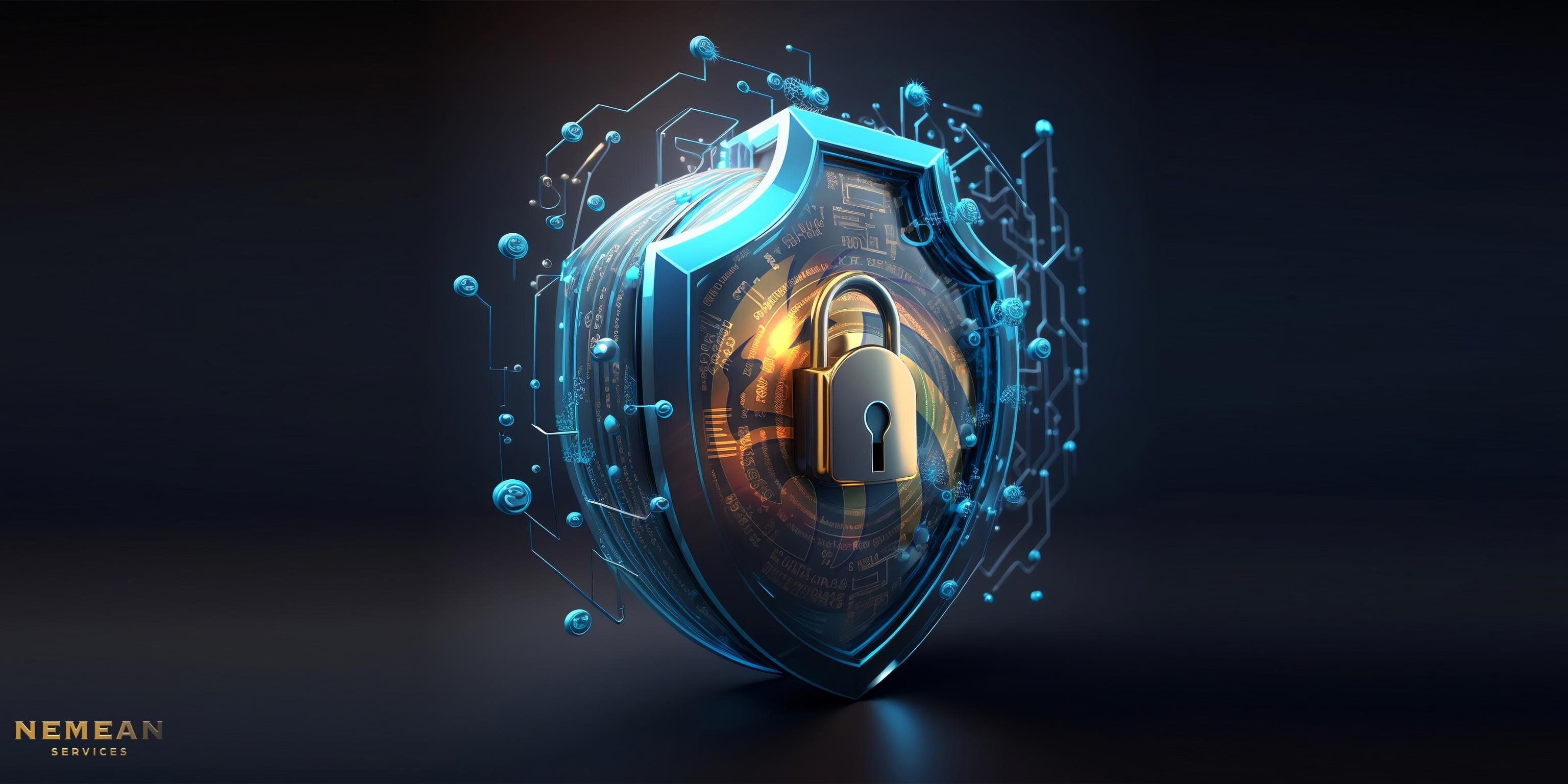%20(1)-3.jpg?width=100&name=bitcoin-crypto-news%20(3)%20(1)-3.jpg)
12th June, 2024
What is Self-Custody?
Self-custody in the cryptocurrency world refers to a system where individuals or organisations take direct control of their digital assets. Unlike traditional custodial arrangements where a third party holds and manages assets, self-custody ensures that you, and only you, have the access and control over your cryptocurrencies.
The Importance of Self-Custody
Self-custody is essential for several reasons:
-
Complete Control: Self-custody means you have full control over your assets. There are no intermediaries involved, which eliminates the risk of third-party mismanagement or access restrictions.
-
Enhanced Security: By managing your private keys personally, you significantly reduce the risk of hacks and breaches common with centralised exchanges and custodial services.
-
Increased Privacy: Self-custody allows you to maintain greater privacy, as you are not required to share your asset information with third parties.
When is Self-Custody Necessary?
Self-custody becomes particularly critical in various situations:
-
High Net Worth Holders and Institutions: Those with substantial crypto holdings need the advanced security and control that self-custody offers.
-
Active Participants in Decentralised Finance (DeFi): Engaging in DeFi requires direct asset control to interact securely with smart contracts.
-
Long-Term Investors: Those planning to hold digital assets over the long term benefit from the enhanced security and peace of mind provided by self-custody.
-
Privacy-Conscious Users: Individuals and entities prioritizing privacy will find self-custody aligned with their need for discretion and autonomy.
How Does Self-Custody Work?
Managing your digital assets through self-custody involves several key practices:
-
Private Key Management: The cornerstone of self-custody is securing your private keys. This can be achieved through hardware wallets, which keep keys offline, or advanced software wallets with strong encryption.
-
Multi-Party Computation (MPC): MPC enhances security by splitting private keys into multiple parts, held by different entities, thus removing a single point of failure.
-
Sharding: This technique involves dividing a private key into several shards, distributed among different parties, with a majority required for any transaction, providing an additional layer of security.
Nemean's Expertise in Self-Custody
At Nemean, we specialise in digital asset safeguarding and recovery, making us a valuable partner for those adopting self-custody. Our approach includes:
-
Military-Grade Security Protocols: We implement rigorous security measures, physically and digitally separating passwords from private keys.
-
Compliance and Certification: With ISO 27001 and SOC 2 certifications, Nemean adheres to the highest security standards.
-
Backup and Recovery Services: We provide comprehensive backup solutions to ensure the rapid recovery of assets in cases of loss, disaster, or operational error.
Why Choose Nemean for Self-Custody?
-
Expertise and Experience: Our extensive background in digital asset security ensures specialised and reliable services tailored to your needs.
-
Proven Reliability: As a trusted partner to leading crypto custodians, we are committed to safeguarding your assets with utmost diligence.
-
Comprehensive Protection: We offer insurance coverage and 24/7 support to guarantee your peace of mind.
Conclusion
Self-custody is a crucial step towards secure and autonomous digital asset management. By choosing Nemean, you gain access to top-tier security solutions and expertise, ensuring that your digital assets are always in safe hands.
At Nemean, we are dedicated to providing you with the tools and knowledge necessary to navigate the digital asset landscape securely. Join us in setting new standards for crypto security.



